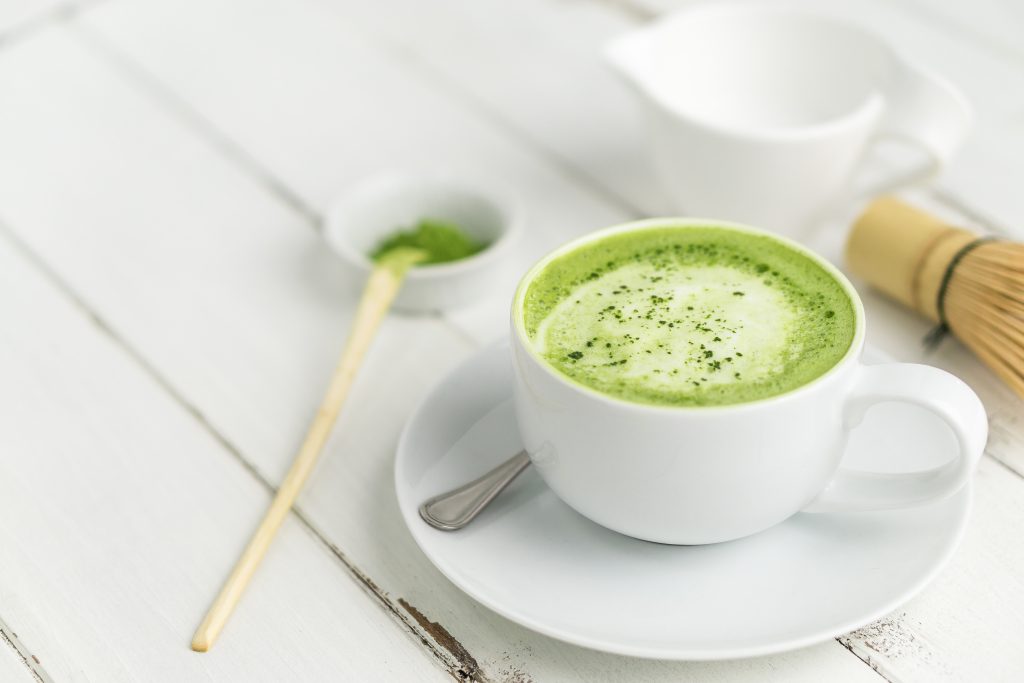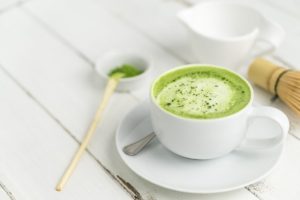
 Moringa leaves be a part of your diet several ways. Nutritionist Pooja Makhija explains the benefits of using moringa. She also shares all the reason why you should choose moringa over matcha.
Moringa leaves be a part of your diet several ways. Nutritionist Pooja Makhija explains the benefits of using moringa. She also shares all the reason why you should choose moringa over matcha.
Matcha has been the current obsession all over the world. You must have stumbled upon this favourite flavour of many through lattes, chocolates and ice-creams. Celebrity nutritionist Pooja Makhija, however, has a stronger alternative to matcha. In her latest Instagram video, Pooja recommended the nutrient-rich moringa instead of matcha. The note pasted on the video reads, “Matcha comes from the same plant as green tea, but since it’s made from the entire leaf, it packs in a more concentrated amount of antioxidants and beneficial plant compounds.”
Matcha or moringa? Here’s how you can choose the right one
Elaborating further on matcha, Pooja said, “The catkins, which are the antioxidants make them super healthy.” But due to the high price point and limited availability in India, she tells us to move on from matcha to moringa. The note in the clip describes advantages of moringa as, “Traditionally used as a herbal medicine in India to relieve symptoms of arthritis, epilepsy, diabetes, heart disease and kidney stones.”
As per Pooja, moringa has “10 times more fibre, 30 times more protein and 100 times more calcium” than matcha.
Moringa, commonly called drumstick, is also quite popular for the super popular ‘miracle tea.’ This tea is made with the leaves of moringa which is a favourite of many health-conscious people. It helps with fat loss, controls blood pressure and also improves the quality of the hair and skin. Moringa leaves can also be consumed with warm water with a mixture of lemon and honey.
Pavithra N Raj, the chief dietician at Columbia Asia Referral Hospital, had said, “Moringa leaves have Quercetin which is an antioxidant that helps to lower blood pressure and another antioxidant is Chlorogenic acid which stabilizes blood sugar levels. The Chlorogenic acid found in moringa may help the body process sugar better and affect insulin too.”
So, are you ready to replace matcha with moringa?






